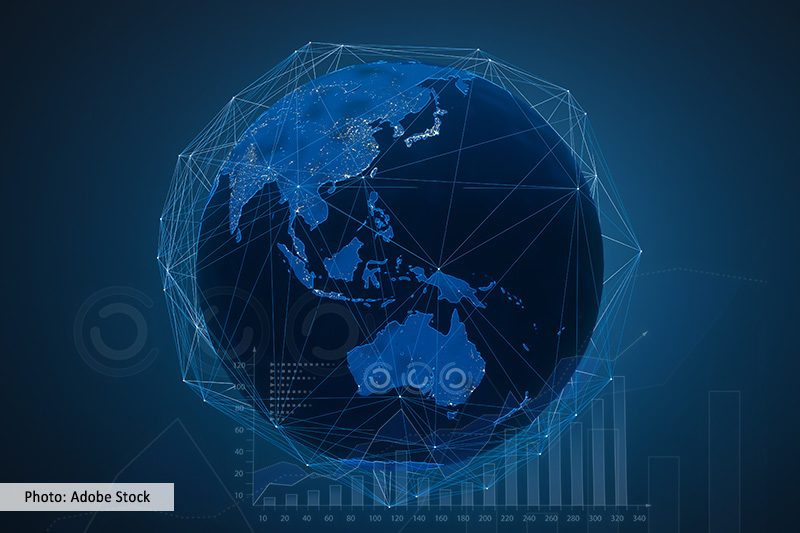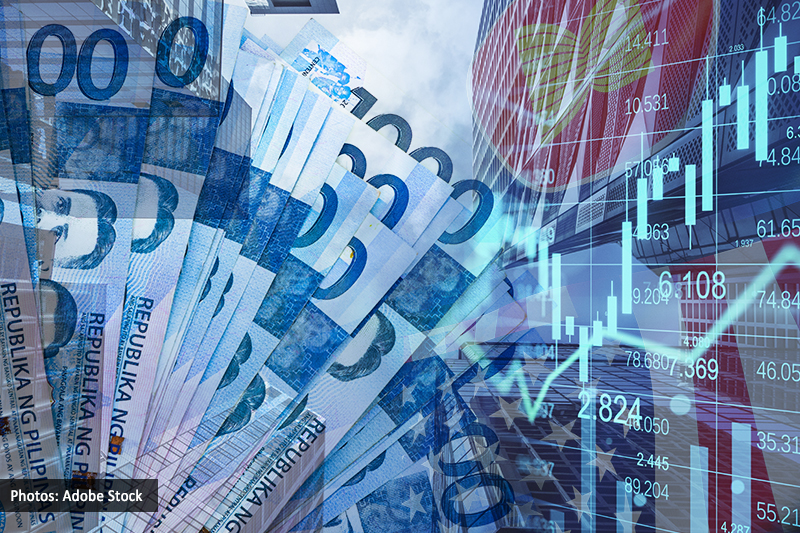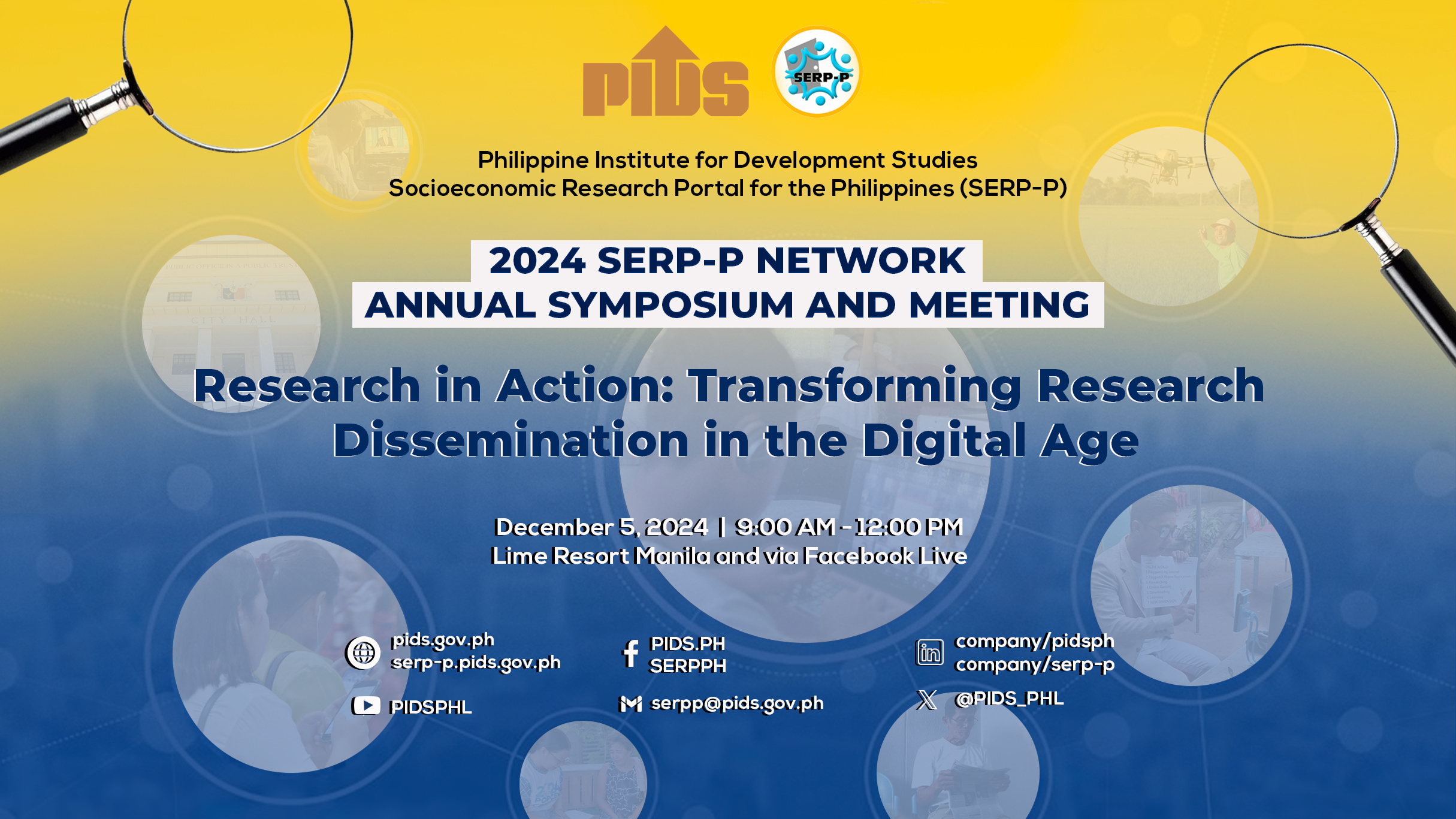THE Philippines digital economy expanded to P2.25 trillion in 2024 and contributed 8.5 percent to gross domestic product, the Philippine Statistics Authority (PSA) said on Tuesday.
The 2024 figure, which remains preliminary, is a 7.6-percent increase from the P2.09 trillion gross value added recorded in 2023 and underlined the continued growth of digital-driven economic activities nationwide.
The digital economy, the PSA said, comprises four major components: digital-enabling infrastructure, digital content and media, e-commerce and government digital services.
Of these, digital-enabling infrastructure dominated with a gross value of P1.88 trillion for an over 83-percent share.
Professional and business support services made up the largest share of this component at 32.7 percent, followed by telecommunication services (24.0 percent) and ICT manufacturing industries (16.3 percent).
E-commerce ranked second in terms of value contribution, accounting for 13.5 percent of the digital economy, while digital content and media took a 2.4-percent share. Government digital services contributed just 0.3 percent.
On the employment front, the digital economy engaged 11.30 million workers in 2024 — a 4.8-percent increase from 10.78 million in the previous year. This represented 23.1 percent of the total national employment and underscored the sector's critical role in job generation.
E-commerce was the leading employer, accounting for 77.9 percent of total digital employment. This was followed by digital-enabling infrastructure (21.4 percent), digital content and media (0.7 percent), and government digital services (0.1 percent).
The PSA data came from a Philippine Digital Economy Satellite Account pilot study, which aimed to capture the scope and contribution of digital activities to the economy. The agency said that the methodology was still being refined and was subject to further improvements.
Philippine Institute for Development Studies senior research fellow John Paolo Rivera said the strong growth of the digital economy showed how important it has become in driving the country's growth.
Digital industries now make up a large part of the economy, he added, reflecting the Philippines' digital progress.
"Moving forward, growth in this sector will likely remain strong, fueled by e-commerce, digital finance, health tech, AI (artificial intelligence) applications and remote services although bottlenecks in digital infrastructure and regulatory challenges must be addressed to unlock its full potential," Rivera said.












